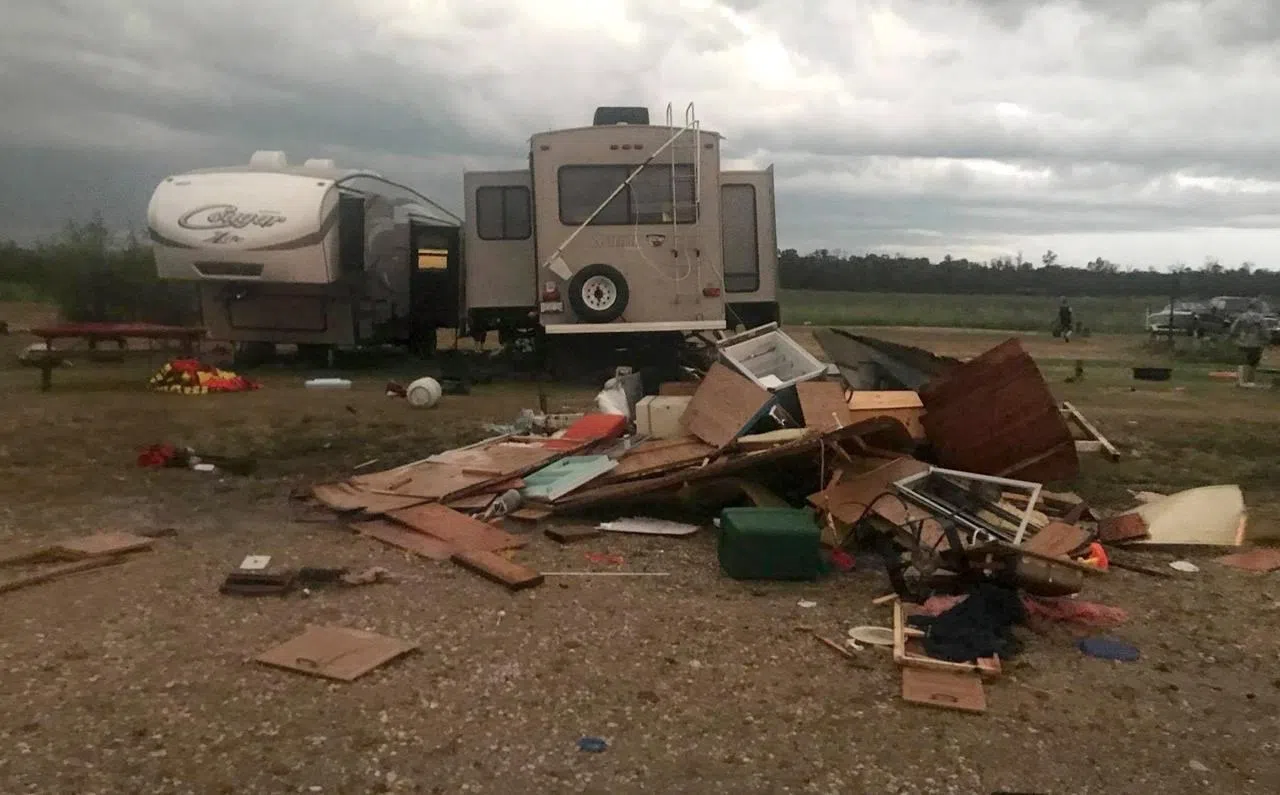
‘He had no chance:’ Concern alerts not received before deadly Manitoba tornado
ALONSA, Man. — Walking through rubble strewn across a Manitoba field where his grandfather’s body was found, Kelly Brown found comfort in locating his grandmother’s wedding ring.
Jack Furrie, 77, a retired schoolteacher and farmer, was found dead in the Rural Municipality of Alonsa on Friday night after a twister tore through the community and obliterated homes and cabins.
Furrie’s wife, Kate, had died eight years earlier and his grandson hoped her ring was a sign that his grandmother was somehow with his grandfather that tragic evening.
Furrie’s rural property, about 165 kilometres northwest of Winnipeg, was often bustling with family members, but he was alone as the sky darkened with the incoming storm.



